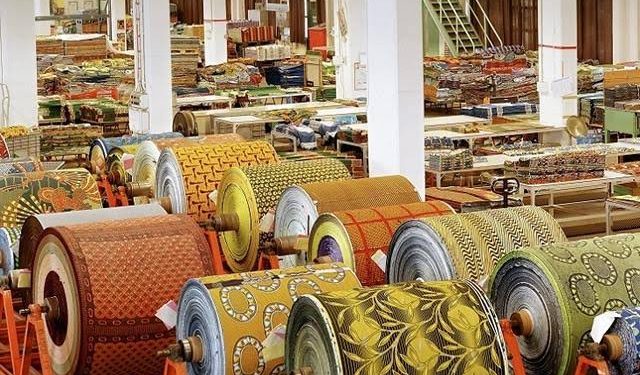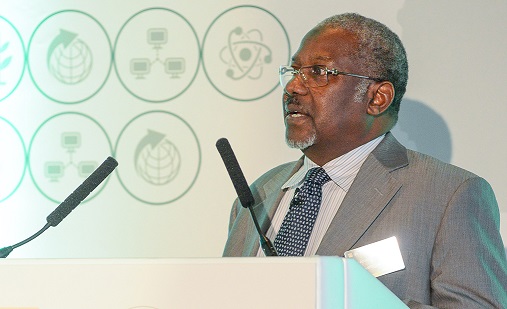Nigeria imported textiles and related articles worth N565.96 billion in the first half of 2025, according to the latest data from the National Bureau of Statistics. The sharp rise has alarmed industry stakeholders, who warn that unchecked importation continues to cripple local textile manufacturing and cost the country thousands of jobs.
The figures show that textile imports jumped by 56.6 percent year-on-year, compared to N361.39 billion recorded in the first half of 2024. In the second quarter alone, textiles worth N337.12 billion entered the country ,an 84.27 percent increase from N182.95 billion in the same period of 2024.
This surge follows an already troubling trend. In 2024, Nigeria imported N726.18 billion worth of textiles, nearly doubling the N377.47 billion recorded in 2023. Despite government pledges under the Cotton-Textile-Garment (CTG) programme, the country remains heavily reliant on imports.
In April, the Federal Ministry of Industry, Trade and Investment unveiled an initiative to localise up to \$4 billion in annual textile spending. The plan promised to foster economic growth, create jobs, and boost local manufacturing. Officials also announced a campaign to promote locally made garments across ministries, departments, and agencies, with Ogun State cited as a model. Financing support through the Bank of Industry was also promised.
By August, site visits had begun in Kaduna as part of the revival plan. Yet, with importation soaring, stakeholders argue that implementation has been far slower than expected.
The Director-General of the Manufacturers Association of Nigeria described the state of the sector as worsening, noting that the influx of cheap finished textiles often dumped into the Nigerian market has discouraged local production. Kaduna, once home to at least six textile factories, now has none. Even cotton production has suffered, as farmers prefer exporting to local supply due to poor competitiveness.
Industry players are urging the government to revive the CTG programme more aggressively, with support for cotton farmers, ginneries, and textile mills. While outright bans on textile imports have been dismissed as counterproductive, experts are pushing for tariff differentials and quota systems to protect the domestic market without fueling smuggling.
Some fashion entrepreneurs, however, see opportunities. They argue that the naira devaluation has made foreign sourcing too costly, prompting more businesses to turn to local production. This shift, they say, could also attract foreign investors looking to tap Nigeria’s cheap labour market.
The textile industry was once one of Nigeria’s largest employers, particularly in the northern states, but decades of policy inconsistency, smuggling, and infrastructure challenges have left it struggling. While government officials insist that revival remains a priority, import figures tell a different story.
With over half a trillion naira spent on imports in just six months, the challenge before policymakers is clear: either sustain a dependency that drains foreign exchange or build a competitive local textile industry capable of meeting Nigeria’s vast demand.










